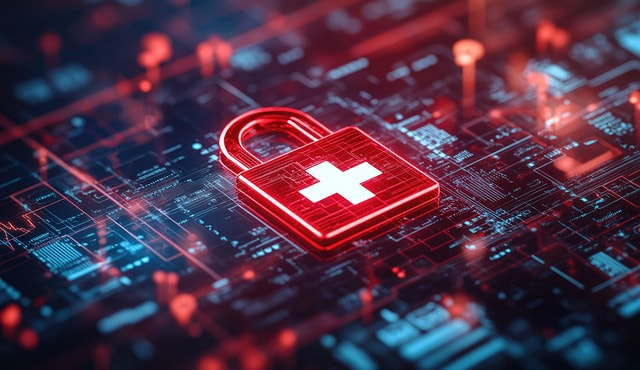

Complete HIPAA Compliance Checklist for Healthcare Applications: Essential Requirements
Published on March 27, 2025
By Sandra Zarate . 5 minute read
The healthcare industry's digital transformation has made HIPAA compliance and health insurance portability crucial considerations for modern medical applications. Today, NoCode / LowCode tools like Xano meet HIPAA compliance standards, significantly facilitating the development of applications in the healthcare sector. These tools help ensure that healthcare applications adhere to HIPAA security rule standards while protecting sensitive patient information. This comprehensive guide outlines the essential requirements for achieving HIPAA compliance in your healthcare applications.

Understanding HIPAA Privacy Rule Fundamentals
Healthcare providers and covered entities must understand that HIPAA (Health Insurance Portability and Accountability Act) privacy rule standards address the protection of individually identifiable health information. The accountability act establishes national standards for:
• Electronic protected health information management
• Security protections for patient data
• Protected health information handling protocols
• Requirements for business associates
Xano: NoCode Tool for HIPAA Compliance
In the healthcare industry, ensuring HIPAA compliance is crucial when developing applications. The Health Insurance Portability and Accountability Act ("HIPAA") requires the protection and confidential handling of protected health information by covered entities. Xano was recently audited and meets all the criteria required for HIPAA compliance. It allows healthcare providers and business associates to manage and store electronic protected health information securely. With Xano, developers can quickly build applications that comply with the health insurance portability and accountability act by implementing security measures such as encryption and access controls. This is particularly useful for creating patient management systems or telemedicine applications where sensitive health information must be protected under the HIPAA privacy rules.
Essential Physical Safeguards for Healthcare Applications
Implementing security measures for physical safeguards requires:
• Controls to limit physical access to facilities
• Policies to protect electronic network infrastructure
• Security systems monitoring
• Documentation of physical access controls
• Hardware and device security protocols
Administrative Safeguards Implementation
The administrative safeguards represent the backbone of HIPAA compliance:
• Risk analysis and management procedures
• Security personnel appointment
• Information access management
• Workforce security training
• Evaluation standards
• Policies and procedures documentation
Technical Security Measures and Controls
To implement technical security measures effectively:
• Encrypt all electronic protected health information
• Establish access controls for authorized persons
• Monitor transmission security
• Implement authentication protocols
• Regular security testing
• Audit controls and documentation
HIPAA Security Best Practices for Healthcare Operations
Health maintenance organizations and healthcare clearinghouses must:
• Conduct regular security assessments
• Document reasonably anticipated threats
• Ensure compliance with latest regulations
• Maintain business associates agreements
• Implement policies for breach notification
• Review security measures periodically
Meeting these requirements ensures protection of sensitive health information while maintaining efficient healthcare operations. Only authorized persons should have access to patient data, and systems must restrict access based on defined roles.
Staying Compliant in 2025
The health care system continues to evolve, requiring vigilant attention to HIPAA regulations. Modern healthcare applications must adapt to:
• New security threats
• Updated privacy rule requirements
• Changing technical safeguards
• Emerging compliance standards
Ready to ensure your healthcare application meets all HIPAA compliance requirements? Schedule a consultation with our experts to discuss your specific needs and requirements. Contact us today!










